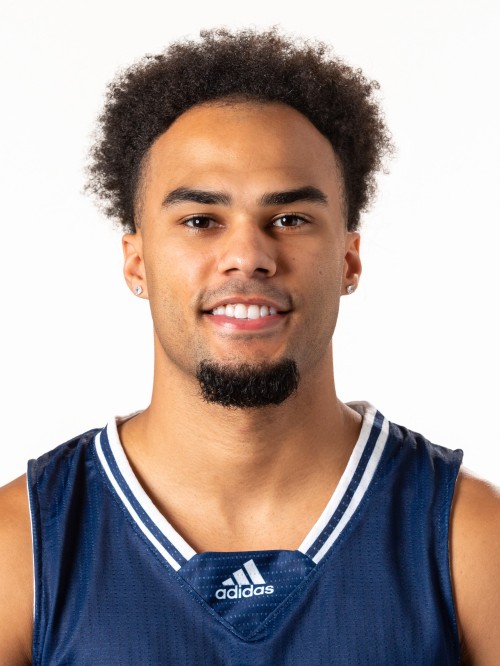
Why We Remember the Seniors
If you hang around this business of covering college basketball long enough, the case of Benjamin Button no longer seems so curious.
In a college-basketball writers’ world, we age as our collective subjects remain forever young. While we turn gray at the temples, heavy around the middle and thin at the top, they are always 19, 20 and 21 years old, full of that certain something that makes us so interested in them.
Yet, upon closer inspection, the individuals we cover are developing and maturing – getting better – at a much faster rate than the rest of us. The difference between a freshman and a senior: pronounced. The difference between a writer at 31 and at 34: negligible.
We age, but slowly. They remain the same age, yet are rapidly maturing. Ben Button has nothing on our world.
And while they’re living in their moments, we’re collecting our memories of them. Over nearly 30 years of sports writing, I’ve been fortunate to fill several mental scrapbooks of the players I’ve covered from freshman to senior seasons. Jeff Hornacek, Steve Nash and Mark Madsen are among just a few.
The players eventually move on to their new lives, where they eventually will have families and turn gray at the temple, heavy in the middle and thin at the top.
But in our memories, they’re forever seniors.
Think about that. Try to picture a favorite player from your past. Am I wrong, or is he or she a senior? We remember them at their very best – not just as athletes, but as young men and women, maybe once shy but now able to carry on adult conversations that have nothing to do with basketball.
I can also remember Nash as a freshman. He was a kid from Canada who had recruited Santa Clara University harder than the school had pursued him, and he began every game of that season on the bench. Yet, there was this moment following a West Coast Conference tournament semifinal game in which he hit four or five 3-pointers in the second half to beat San Francisco. He told me afterward that he hoped to play in the National Basketball Association. Part of me wanted to pat him on top of the head right there and say, “Sure, kid. We all do.” Another part of me felt compelled to run that quote – which I did – just in case he made good on this nagging suspicion that this kid just might have the goods.
The freshman Nash wasn’t ready, as a player or a person.
Three years later, though, he was well on his way to being the person we see today, if still not quite the two-time MVP of the NBA that he would become. He was engaging. Respectful. Politically aware. Fun-loving. He was a senior. And he was ready.
This shouldn’t be about or our memories, though, as much as it is how one should want to be remembered. It’s about leaving legacies. It’s about becoming your best.
Younger, better players enter the college landscape each season. That’s well chronicled. They might be better, but they often leave school before becoming their best. Only the Lowe’s Senior CLASS Award honors the best of those who wait until they become their best.



